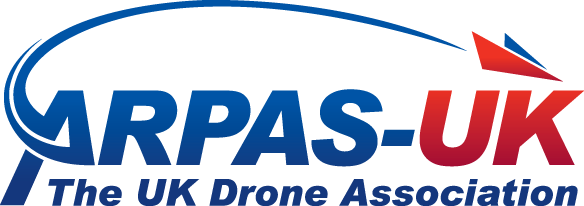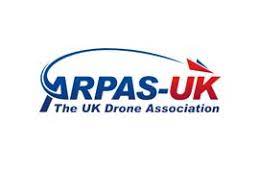ARPAS UK welcomes the Civil Aviation Authority’s (CAA) announcement regarding the postponement of significant changes to UK PDRA-01. The decision to maintain the current iteration of PDRA-01 until 31 March 2026 demonstrates an understanding of the industry’s need for stability during the introduction of UK SORA (Specific Operations Risk Assessment).
DiSCO, the digital platform for PDRA01 applications, was a success, and the community recognises it. There is no value in another cycle of changing regulations and format with no benefit in terms of operating envelope, and following a new methodology that has not been tested yet with the OSC/ORA holders.
In December 2024, ARPAS UK highlighted concerns to the CAA regarding the transition to the SORA methodology and advocated for “no impact, no change” on existing PDRA-01 operations. We are pleased to see the CAA addressing these concerns and delaying immediate changes, allowing operators to continue their activities without disruption.
Learning from Europe’s Experience: very low adoption of very conservative PDRAs. Must put more thoughts into proportionate, useful PDRAs.
Feedback from the EASA IAM Forum in October 2024 highlights the low adoption rates of SORA-based PDRAs and Standard Scenarios in Europe. The EASA PDRAs derived from SORA are notably conservative and impose restrictions far greater than those under UK PDRA-01. They do not adequately meet industry needs and as a result adoption so far is low. The SORA methodology is developed, but its implementation is still a work in progress. It has become clear now that those initial scenarios need rework to become effective tools. A review of UK PDRA01 that would result in an alignment with one of those PDRAs would hinder “business as usual” operations for many UK operators.
Advocating proportionality in the UK approach to SORA
While aligning UK operations with the global standards followed by JARUS member countries offers long-term benefits, ARPAS-UK remains concerned about the challenges posed by the transition to SORA:
- The SORA methodology should enable us to do more complex operations, more consistently, and following an approach that can be exported.
- For lower risk operations however, a full SORA application is most likely disproportionate and … beyond many operators’ grasp. ARPAS-UK suggests adopting simpler, more relevant authorisation frameworks, such as additional PDRAs or generic SORAs, where the CAA has done the work of mastering the SORA methodology and provides proportionate standard recipes that operators can easily understand and implement.
The current PDRA-01 covers drones up to 25kg, yet many operators fly much smaller, lower-risk drones. ARPAS UK continues to advocate for additional PDRAs tailored to the realities of drone operations, focusing on:
- Reduced distances from uninvolved people for low-mass, low-speed, low-height drone operations.
- BVLOS (Beyond Visual Line of Sight) with visual observers, also known as extended VLOS.
- Higher operational heights, exceeding the current maximum of 120m.
We propose standardised and scalable authorisations, not location-specific, and facilitated through a streamlined, digitised process. These improvements would make low-risk activities more accessible, encouraging more operators to apply for or renew their Operational Authorisations.
As the UK’s trade association for the drone industry, ARPAS UK strongly supports regulation that is both appropriate and proportionate. We believe that relevant and accessible authorisations will encourage operators to remain within the regulatory framework, promoting industry growth and maintaining high safety standards.
By continuing to engage with the CAA and advocating for sensible regulatory solutions, ARPAS-UK aims to ensure that the UK drone industry thrives under a system that balances safety with operational practicality.

